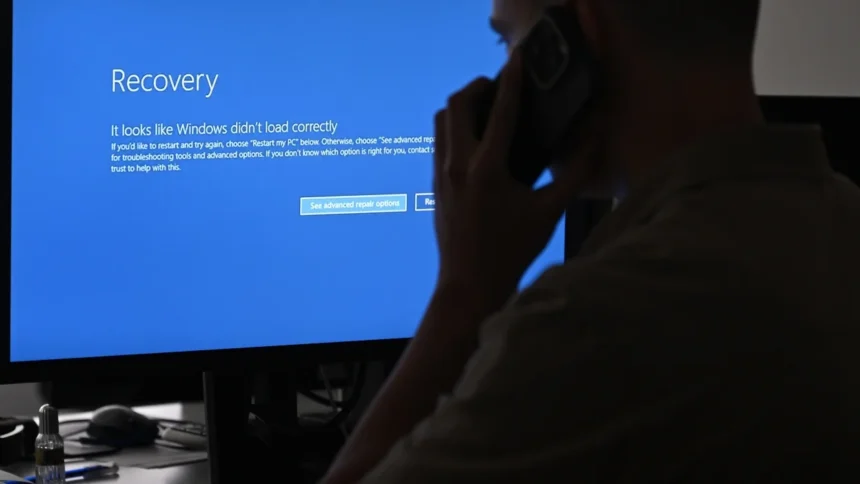The recent global IT outage, caused by a faulty update to cybersecurity company CrowdStrike’s software, resulted in millions of Windows PCs being brought down. This incident caused billions of dollars in damages across various industries, including airline transport, retail, and banking.
However, Mac devices were not affected. Apple’s macOS operating system does not grant third-party app makers kernel-level access, preventing the type of catastrophic error that led to the dreaded “blue screen of death” on Windows PCs.
Now, Microsoft is claiming it wasn’t able to implement the same protections due to a long-standing agreement with the European Commission.
In a statement given to the Wall Street Journal, a Microsoft spokesperson mentioned that the company “cannot legally wall off its operating system in the same way Apple does because of an understanding it reached with the European Commission following a complaint.”
This refers to a 2009 agreement, where Microsoft pledged to give third-party security app developers the same level of access to its Windows OS as Microsoft itself gets. In contrast, Apple removed kernel access from third-party developers back in 2019, when it launched macOS Catalina.
The faulty CrowdStrike update was devastating for IT systems worldwide, as it caused system crashes on numerous Windows PCs. A fix couldn’t be easily deployed, as the systems would immediately crash again on reboot, causing a condition known as “reboot loop.”
In a letter to customers and partners, CrowdStrike CEO George Kurtz stated that they are taking steps to prevent “anything like this from happening again.” The question remains, however, what steps should Microsoft take to ensure that a small update to third-party software (CrowdStrike’s or others’) cannot wreak havoc on global IT infrastructure again?










